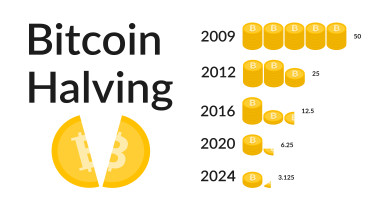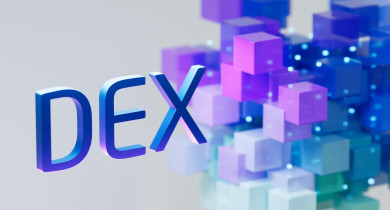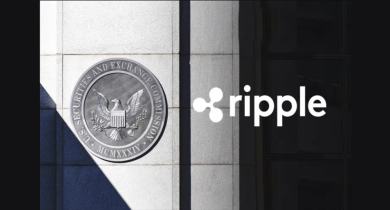
Self-Custodying Your Cryptocurrency: Why You Need to Take Control of Your Digital Assets
In recent years, the use of cryptocurrency has gained immense popularity, especially in the investment world. Cryptocurrencies, such as Bitcoin, Ethereum, and Litecoin, offer a decentralized alternative to traditional fiat currency, allowing users to make transactions without the need for intermediaries such as banks. However, with the increasing popularity of cryptocurrency, there is a growing concern about the security of digital assets. In this article, we will explore the importance of self-custodying your cryptocurrency.
What is Self-Custody?
Self-custody is the act of owning and securing your digital assets independently, without the help of a third-party custodian. This means that you are solely responsible for the storage and protection of your cryptocurrency, as well as for the management of your private keys.
Why is Self-Custody Important?
1. Control
One of the primary benefits of self-custodying your cryptocurrency is that it gives you complete control over your digital assets. When you entrust your cryptocurrency to a third-party custodian, you are essentially giving them control over your funds. This means that they can freeze your account, restrict your access to your funds, or even lose your funds due to theft or negligence. By self-custodying your cryptocurrency, you can ensure that you are the only one with access to your funds, which gives you complete control over your assets.
2. Security
Another significant benefit of self-custodying your cryptocurrency is that it provides enhanced security for your digital assets. When you use a third-party custodian, you are relying on their security measures to protect your funds. While some custodians may offer robust security measures, such as cold storage and multi-factor authentication, there is still a risk that your funds may be compromised. In contrast, by self-custodying your cryptocurrency, you can implement your own security measures, such as using a hardware wallet or a paper wallet, to protect your funds.
3. Privacy
Self-custodying your cryptocurrency also offers enhanced privacy for your transactions. When you use a third-party custodian, they may require you to provide personal information, such as your name, address, and identification documents, to comply with anti-money laundering (AML) and know-your-customer (KYC) regulations. This information can be used to track your transactions, which may compromise your privacy. By self-custodying your cryptocurrency, you can transact anonymously, without the need to disclose any personal information.
4. Long-term Investment
Self-custodying your cryptocurrency is also essential if you are investing in the long-term. Cryptocurrency is a relatively new asset class, and there is still a lot of uncertainty around its future. By self-custodying your cryptocurrency, you can ensure that you have complete control over your assets, even in the event of a custodian going bankrupt or shutting down. This means that you can hold your cryptocurrency for as long as you want, without worrying about losing your funds.
How to Self-Custody Your Cryptocurrency?
Self-custodying your cryptocurrency may seem daunting, but it is relatively straightforward. The first step is to choose a secure storage option for your digital assets. Hardware wallets, such as Trezor and Ledger, are one of the most popular options for self-custodying your cryptocurrency. These devices are designed to store your private keys securely, and they can be used to sign transactions without exposing your private keys to the internet.
Alternatively, you can also use a paper wallet to store your cryptocurrency. A paper wallet is a piece of paper that contains your private keys, which can be generated using an offline computer. While paper wallets are less convenient than hardware wallets, they offer a higher level of security, as they are not connected to the internet.
Conclusion
Self-custodying your cryptocurrency is essential if you want to have complete control over your digital assets. It offers enhanced security, privacy, and control over your funds, which are crucial factors in the world of cryptocurrency. While using a third-party custodian may seem like a more convenient option, it comes with inherent risks that can compromise your funds.
It is also worth noting that self-custodying your cryptocurrency requires a certain level of technical expertise, as well as a commitment to implementing robust security measures. You must take the time to educate yourself on best practices for securing your digital assets, such as creating strong passwords, using multi-factor authentication, and keeping your private keys safe.
In conclusion, if you are serious about investing in cryptocurrency, self-custodying your digital assets is essential. By taking control of your funds, you can ensure that you are the only one with access to your cryptocurrency, and you can transact anonymously and securely. While it may require a bit more effort than using a third-party custodian, the benefits of self-custodying your cryptocurrency far outweigh the risks.




